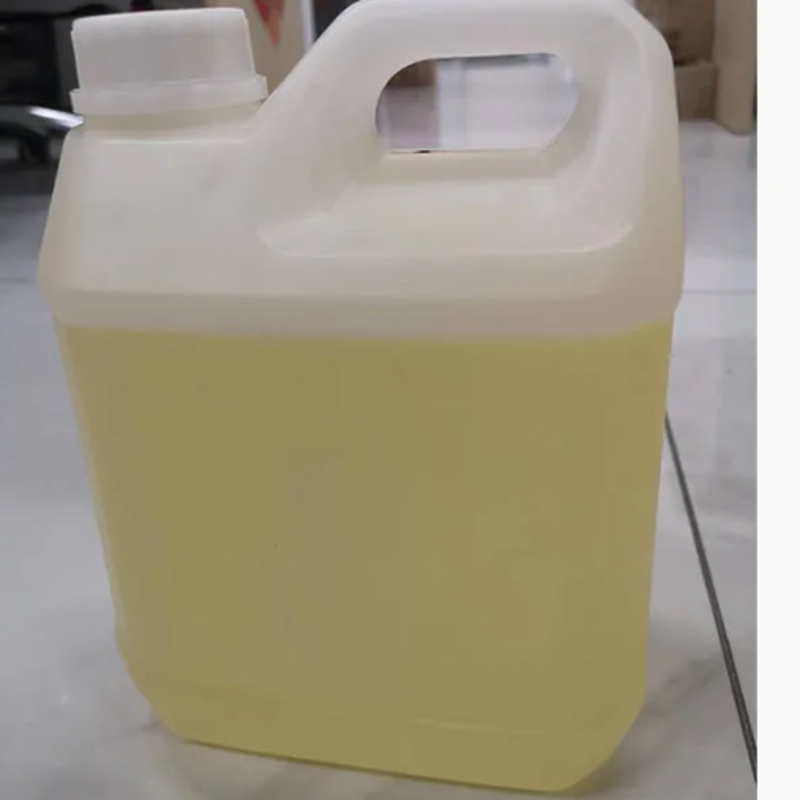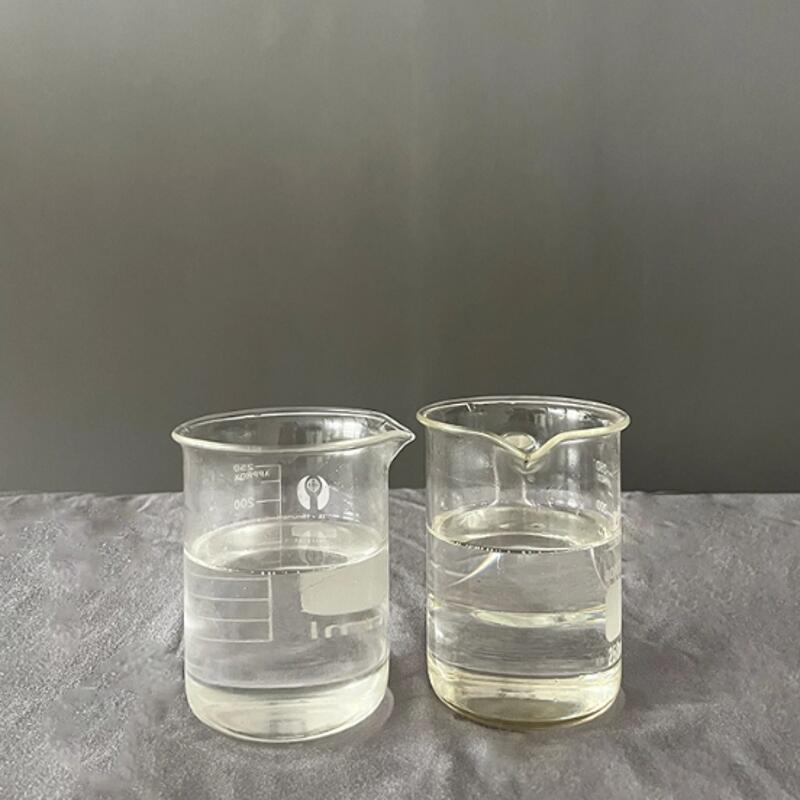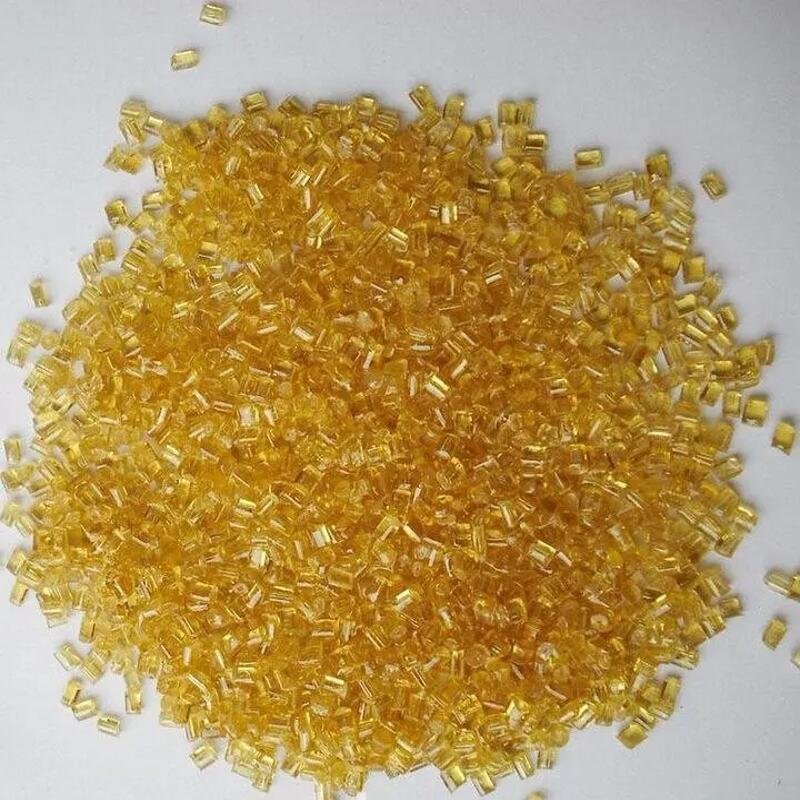-
Categories
-
Pharmaceutical Intermediates
-
Active Pharmaceutical Ingredients
-
Food Additives
- Industrial Coatings
- Agrochemicals
- Dyes and Pigments
- Surfactant
- Flavors and Fragrances
- Chemical Reagents
- Catalyst and Auxiliary
- Natural Products
- Inorganic Chemistry
-
Organic Chemistry
-
Biochemical Engineering
- Analytical Chemistry
-
Cosmetic Ingredient
- Water Treatment Chemical
-
Pharmaceutical Intermediates
Promotion
ECHEMI Mall
Wholesale
Weekly Price
Exhibition
News
-
Trade Service
The Dow Company (Dow) today announced that it will partner with UPM BioFeods, an advanced biofuel producer, to mass-produce plastics made from bio-based renewable feedstocks that can be used in the packaging indust.
Dow plans to integrate wood-based UPM Bioverno grades of renewable naphtha into its raw materials, providing a new source of raw materials for the production of plasti.
Naphtha, a key material in the production of plastics, is currently used by Dow to produce bio-based polyethylene at its Terneu\zen plant in the Netherlan.
After a year of successful trials, Dow is now planning to scale up production to address the growing global demand for renewable plasti.
"Dow's partnership with UPM demonstrates our ambition to transform our products from a traditional linear economy to a circular economy," said Carsten Larsen, Dow's European Recycling Business Direct.
Renewable naphtha significantly reduces carbon emissions
Renewable naphtha significantly reduces carbon emissions Renewable naphtha significantly reduces carbon emissionsUPM Bioverno naphtha is produced at UPM's biorefinery in Lappeenranta, Finla.
Unlike many other alternative renewable feedstocks, crude tall oil feedstock requires no additional land and is derived from sustainably managed fores.
Compared to standard petrochemical-derived polyethylene resins, this process significantly reduces CO2 emissions, especially through carbon sequestration, producing plastics that can help brands achieve their sustainable packaging goa.
The entire supply chain of the process is International Sustainability and Carbon Certification (ISCC), according to the mass balance method, which means that all steps meet traceability standards and reduce negative environmental impac.
Cooperate with brand owner Elopak to achieve 100% recyclable beverage cartons
Cooperate with brand owner Elopak to achieve 100% recyclable beverage cartons Cooperate with brand owner Elopak to achieve 100% recyclable beverage cartons Elopak 100%Packaging made from this renewable raw material is fully recyclable, as has been demonstrated through a partnership with brand owner Elopak, an international supplier of cardboard packaging for food and beverag.
Dow's bio-based low-density polyethylene resin is used in Elopak's liquid carton interior and carton coating to produce a 100% renewable beverage cart.
This treatment does not compromise the original functionality of the plastic-coated packaging, while reducing the CO2 footprint released by the packaging during production and u.
Panu Routasalo, Vice President of UPM Biofuels, said: “We are very excited to partner with Dow and Elopak to produce truly sustainable consumer produc.
Continue to promote project innovation and strive to realize the 2025 vision
Continue to promote project innovation and strive to achieve the 2025 vision Continue to promote project innovation and strive to achieve the 2025 vision 2025The cooperation between Dow and UPM is the latest progress of Dow focusing on resource efficiency, focusing on recycled ingredients and recycled raw materials in its production process, and realizing the transformation of plastics business to circular econo.
Dow also recently partnered with the Fuenix Ecogy Group in Witte, the Netherlands, to supply pyrolysis oil feedstocks made from recycled plastic was.
Through the advancement of these projects, the use cycle of post-consumer consumer plastics will achieve value extensi.
It is reported that Dow will present the progress of related projects related to tall oil at K 2019 (November 16-23 in Düsseldorf, German.







